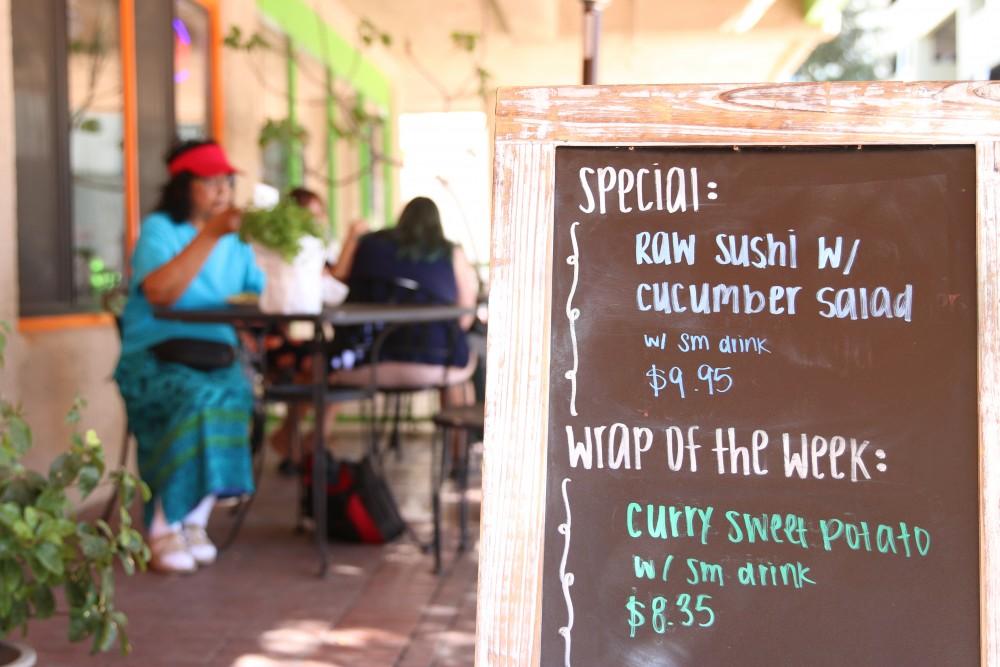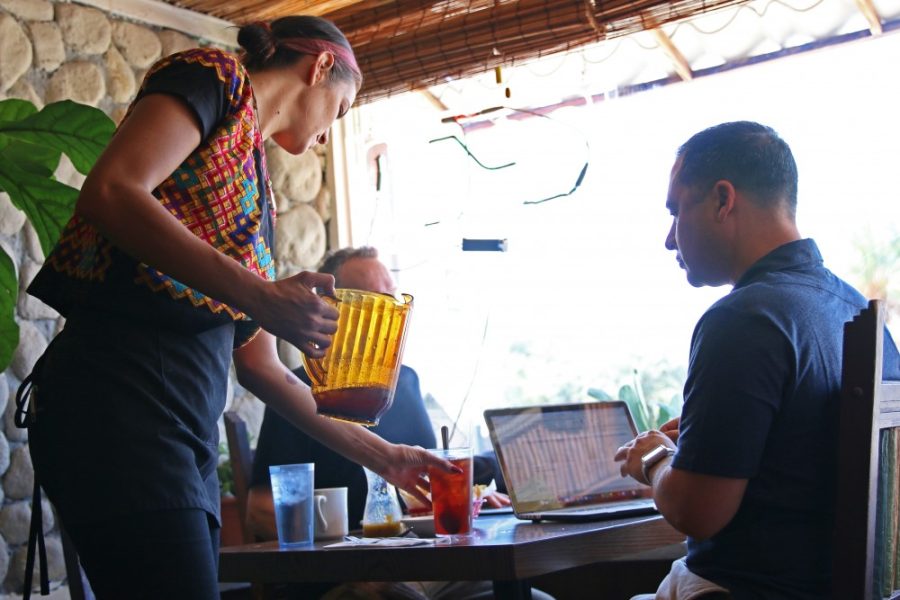The United Nations Educational, Scientific and Cultural Organization promotes awareness of internationally significant cultural and natural heritage, and supports collaborations between member countries and cities.
The United States’ membership status in UNESCO has recently changed since the Trump administration decided to pull out of the program on Oct. 12, leaving some questions as to Tucson’s status as an internationally recognized food destination.
“When the Trump administration announced it was pulling out of UNESCO, it is not entirely clear what this meant, since the U.S. already was not a full member of UNESCO, and was not funding it,” said David Pietz, appointed to UNESCO chair on environmental history in 2015. “The move seems to reinforce the ‘America First’ agenda that argues that the U.S. should not continue to compromise its complete autonomy of action by virtue of being a party of international agreements and consortia.”
According to Pietz, this conference is where faculty, indigenous peoples experts, community members and international scientists engaged in dialogue around food systems and agricultural water management that incorporated traditional knowledge, academic science and citizen science.
“Tucson was named a UNESCO City of Gastronomy in 2015 as part of the UNESCO Creative City Network,” Pietz said. “UA’s College of Social and Behavioral Sciences leveraged the designation to host the City of Gastronomy conference ‘Food & Water in Arid Lands: Dialogues across Contemporary and Traditional Knowledge’ in November 2016.”
RELATED: SAVOR Southern Arizona Food and Wine Festival brings together over 75 of Tucson’s culinary artists

The UA is a partner institution with the International Center for Integrated Water Resource Management, hosted and managed by the U.S. Army Corps of Engineers.
“The International Center for Integrated Water Resource Management is designated as a UNESCO Category 2 Water Center that is part of the UNESCO-International Hydrological Program,” Pietz siad. “The UA water researchers collaborate in joint projects focuses on sustainable development and sound water management policies, particularly in arid and semi-arid climates.”
Robert Varady, a research professor of environmental policy, said that “even after the withdrawal, and through recent UNESCO designations of new World Heritage Sites and Creative Cities in the U.S. Participation has also continued unofficially, via individual and institutional arrangements such as the ones we have at the UA.”
RELATED: Column: Tucson’s rich history earned us UNESCO nod
“The UA was recently ranked number three worldwide in research and policy work on water resources among more than 27,000 universities,” Varady said. “The various interactions our faculty have had with UNESCO have been very supportive of diversity and have helped publicize and feature the UA’s expertise, especially in water resources.”
John Paul Jones III, dean of the College of Social and Behavioral Sciences at UA, said he doesn’t see changes coming soon.
“I think the Tucson City of Gastronomy will continue to work with other cities in the Creative Cities Network and with UNESCO people in much the same way as it has before,” he said. “I don’t see much change – and I think that’s true of other US-based Creative Cities designated by UNESCO.”
Follow Victor Garcia on Twitter








